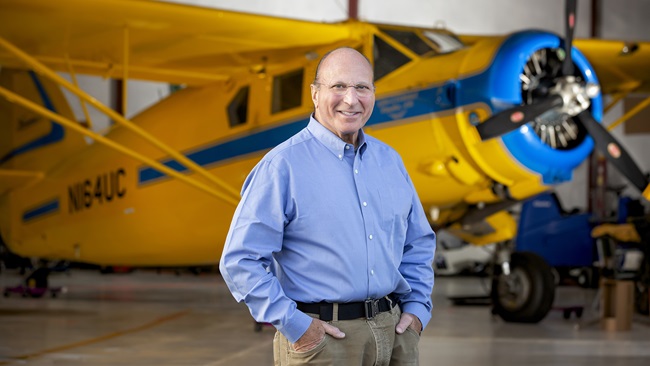

Gary Crump
- Director, AOPA Pilot Information Center Medical Certification Section
- 28 years assisting AOPA members
- Former Operating Room Technician, Professional Firefighter/Emergency Medical Technician
- Pilot since 1973
This is disturbing when you consider that colon cancer screening is among the least intrusive diagnostic testing available, and the cure rate for early detection of colorectal cancer is quite high. In fact, with regular periodic screening, suspicious polyps that could later develop into cancer can be excised, preventing cancer from developing in the first place.
The pilot population is aging, and both men and women should begin periodic screening colonoscopies at age 50 with repeat studies every five to 10 years, depending upon the findings.
The FAA medically certifies pilots who have a history of colon or colorectal cancer under a special issuance authorization. A detailed narrative status report from your gastroenterologist or other treating physician is a good starting point. If you’ve had surgery, chemotherapy, or radiation therapy, then hospital and treatment records will need to be included in the package that goes to the FAA. As long as there is no evidence of residual or metastatic disease, the chances are good that you will be granted a special issuance for any class of medical certificate.
To continue reading, please log in or join AOPA now to have access to these exclusive expert resources.
Pilots strive to minimize risk before flights, so why do some think and act differently when it comes to their health?
The Life Extension Foundation, a great organization that’s dedicated to investigating methods of extending the healthy human life span, recently reported that as many as one-third of adults in the United States are not getting screened for colorectal cancer.



